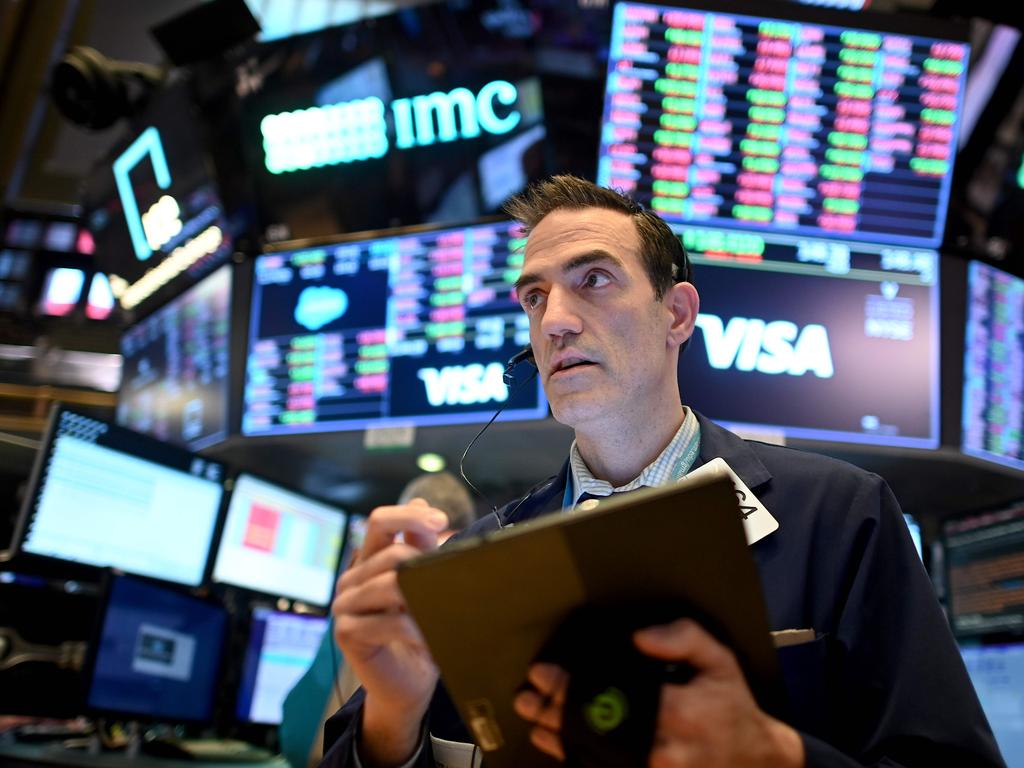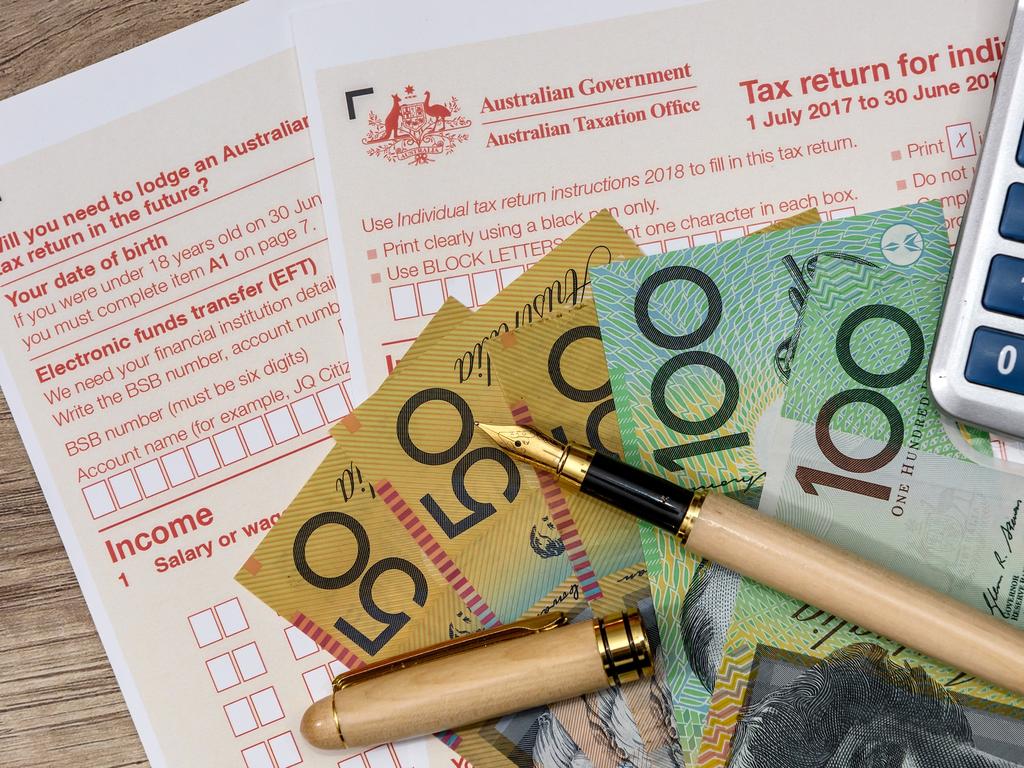Retail counts the cost of Covid, despite moves in lockdown restrictions
Homewares retailers took a sharemarket dive on Monday as investors appeared to re-evaluate the sector.

Homewares retailers took a sharemarket dive on Monday as investors appeared to re-evaluate the sector, while a loosening of Victorian lockdown restrictions underscored the potential for some effects of the coronavirus pandemic to unwind over time.
Manchester and homewares retailer Adairs, dived 5.7 per cent to $3.64 even after reporting a 22 per cent rise in sales for the year to date – in line with similar updates from other retailers in recent weeks — as the on-line-shopping boom continued.
Adairs’ sales update was initially well received and its share price initially spiked up 11 per cent to a record high of $4.30, but it quickly fell to a two-week low of $3.53.
Among other high-flying retail stocks, Temple & Webster fell 7.3 per cent, Kogan dived 6.2 per cent, Nick Scali lost 5.9 per cent, Super Retail Group fell 3.2 per cent, Premier Investments fell 3 per cent, Breville declined 2.9 per cent, JB Hi-Fi fell 2.6 per cent and Harvey Norman eased 1.7 per cent.
The sector has enjoyed a stellar run as the coronavirus pandemic has shifted discretionary spending from travel to home improvements and online retail purchases, making Consumer Discretionary the third best performing ASX 200 sector with a rise of as much as 84 per cent from the March low.
But while international travel may have to wait for proven vaccines that might not be available for some time, an explosion of domestic travel – and potentially less spending on home improvements and online shopping – is expected to follow a reopening of state borders as Australia’s new COVID-19 case count rapidly approaches zero and Victoria finally starts to ease some mobility restrictions.
That line of thinking appeared to spark profit taking in retail stocks on Monday, making Consumer Discretionary the worst-performing sector as the S&P/ASX 200 slipped 0.2 per cent to a two-week low of 6155.6, even though there was no overtly bad news to speak of.
Bell Potter’s head of institutional sales and trading, Richard Coppleson said: “It looks like the market has realised that the stocks have got too far ahead of themselves and that the retail spend can’t continue the pace it has been going at.”
“Some institutions look to have decided to sell some of these before any potential bad news comes later on. The switch from spending on retail to spending on travel is getting closer.”
The “best switch” trade in his view will be into the travel stocks other beneficiaries of reopening.
“It’s hard to predict how long the Covid sales boom is going to last and what sales look like post boom,” Mr Coppleson said.
“At some point the huge transfer of travel spending to household good spending reverts back to travel spending.
“I’m happy to be selling retail into these strong, but unsustainable sales numbers and switching into Flight Centre and Qantas.”
The comments came as Victorian Premier Daniel Andrews on Monday said he will lift the “stay-at-home” orders and re-open retail and hospitality from Wednesday midnight, with more restrictions to be lifted on November 8.
NAB CEO Ross McEwan said the decision was a critical one for Victorians and in particular small business owners.
“Businesses right across Melbourne now have the certainty they need to open their doors and to get people back into work, which is great for the state, and for Australia’s economic recovery,” Mr McEwan said.
“Today is a big step but many of our customers are still doing it tough and there is a long way to go.
A Westpac spokesperson said there was “some way to go” but the announcement was “an important step in re-starting the Victorian economy.”








To join the conversation, please log in. Don't have an account? Register
Join the conversation, you are commenting as Logout